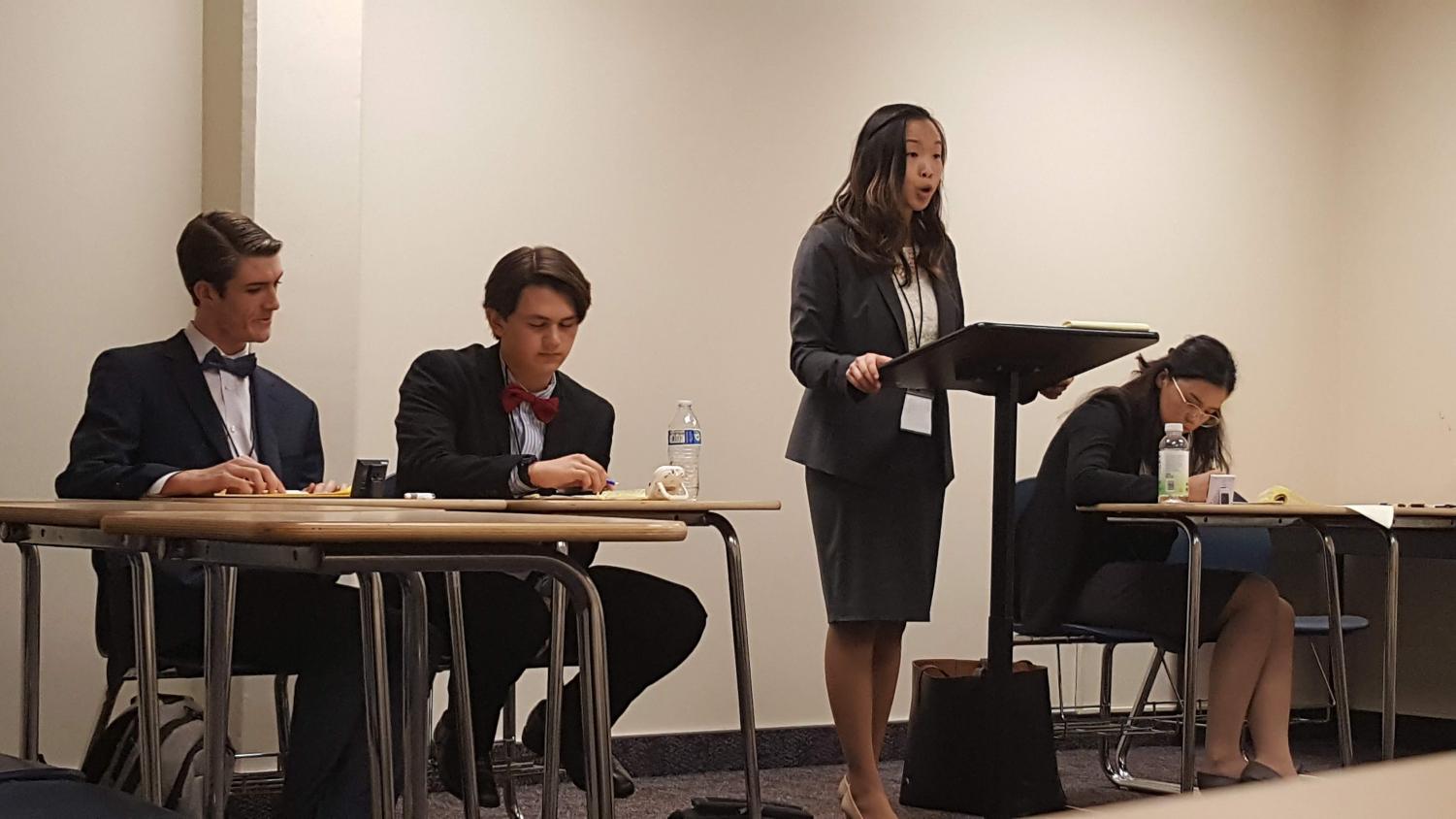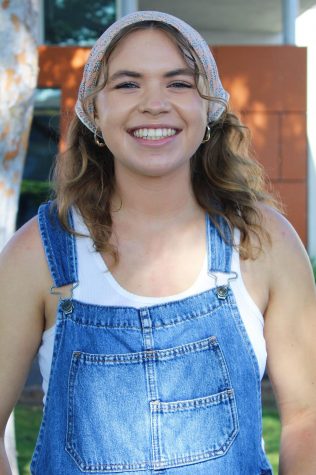After a decade hiatus off hosting the event, Biola’s communications and forensics departments, in collaboration with the National Institute for Homeschool Debate, organized and hosted the Prolific Parli Prix, a tournament of parliamentary debates for Christian homeschool students.
THE RETURN OF THE TOURNAMENT
The participants in the debate tournament were junior high and high school students involved in NIHD through the StoaUSA league. The league is a national speech and debate group for Christian homeschool students that trains participants to speak boldly to impact the world for Christ, according to its mission statement. According to Daniel Elliott, Biola’s director of forensics, over 70 students participated in the event from all over California—some students traveling from as far as Modesto and Sacramento.
The Prolific Parli Prix is typically held at Concordia University Irvine, according to Elliott. However, the university was unable to host the tournament for the full four days, so Biola offered its facilities to host the first-day event.
THE PROLIFIC PARLI PRIX
The tournament included six rounds of debates in which participants covered culturally relevant topics, such as space weaponization and the definition of fake news, according to freshman communication sciences and disorders major and Prolific Parli Prix community judge Samantha Salanga.
In addition to allowing participants of NIHD the facilities to debate, this gave Biola students an opportunity to participate as community judges. Sophomore business administration major Alex Wright judged at the event and learned from the debate for his argument and debate class.
“The kids were really intellectual and knew how to present their case in a formal debate fashion that was really entertaining to be apart of. I was able to learn a lot even from the younger debaters,” Wright said. “It helped me see how to clarify what another person is saying, and based off of that, how to present my case in a formal manner.”
FUTURE OF THE TOURNAMENT
Elliott hopes Biola can continue hosting the event so the young participants will have exposure to Biola’s campus, as well as the communication and forensics program, as they start considering options for college.
Additionally, he believes it will continue to allow communication students at Biola to participate as judges, and observe speech and debate to improve their communicative abilities. Salanga said she learned from judging the event and observing the progression of the students’ communication skills.
“I learned the importance of being really purposeful in the way that I present myself and the way that I articulate my facts, and how that is process,” Salanga said. “We got to see some students that were just starting and more experienced older students, and the progress of those students as they grow in their education and learn to clearly articulate persuasiveness.”












